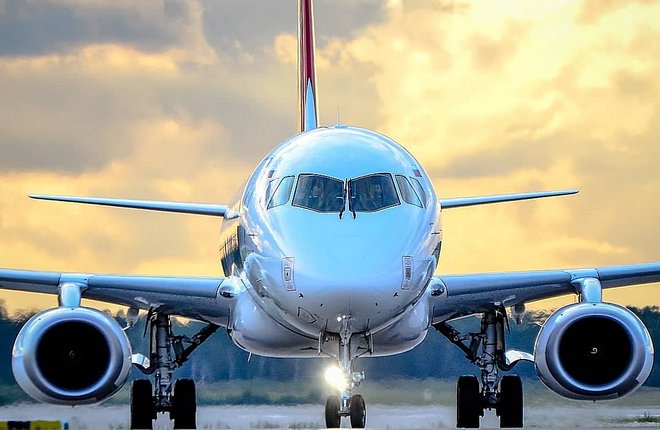Mali Airlines has appointed Aristide De Balla Moro Sidibé as its first Chief Executive Officer, marking a major step in the country’s efforts to launch a new national carrier and establish itself as a regional aviation hub. This announcement, reported by Travel News Africa, highlights the Malian government’s ambition to strengthen air connectivity across West Africa and beyond.
Sidibé, an economist by training, will lead Mali Airlines as it prepares to enter a competitive market served by existing carriers like Sky Mali, Air France, Ethiopian Airlines, and Air Senegal. While Sidibé’s background is not in aviation, his leadership is expected to play a key role in navigating the complexities of launching a state-owned airline and driving economic growth through enhanced air transport.
The airline aims to boost both domestic and international connectivity, with Bamako positioned as a central hub. Bamako Senou International Airport (BKO), the country’s main aviation gateway, is currently undergoing a major upgrade—including a new terminal scheduled for completion in December 2024—to support Mali Airlines’ operations.
Mali Airlines plans to begin with direct flights from Bamako to Dakar (Senegal) and Abidjan (Côte d’Ivoire) in January 2025, operating an average of nine weekly flights on the Bamako–Dakar route. These routes are expected to strengthen regional business ties, promote tourism, and provide new opportunities for travel agents to develop innovative travel packages.
The airline’s emergence reflects a wider trend in West African aviation toward improved regional connectivity and the development of strategic hubs. It follows in the footsteps of other recent national carrier launches such as Uganda Airlines and Air Senegal, both of which have demonstrated the potential of well-backed flag carriers to capture market share and foster regional integration.
Looking ahead, Mali Airlines is exploring potential connections to cities like Ouagadougou, Niamey, and Accra, based on strong market demand and existing connectivity gaps. These routes could significantly enhance access across the region, offering increased options for travelers and stimulating competition among carriers.
Travel agents across Africa stand to benefit from the airline’s entry, with greater opportunities to craft regional travel solutions and meet growing demand for intra-African travel. The improvements underway at Bamako Airport further support these efforts by creating a more efficient and passenger-friendly experience.
Security remains a concern, but the Malian government, working with international partners, is committed to aviation safety. The country’s Civil Aviation Authority (ANAC) is actively certifying airports and training security and safety personnel to align with global standards.
Mali Airlines is still in its early stages, but with strategic planning, operational focus, and strong government backing, it has the potential to become a key player in West African aviation, contributing to Mali’s tourism, trade, and economic transformation.
















